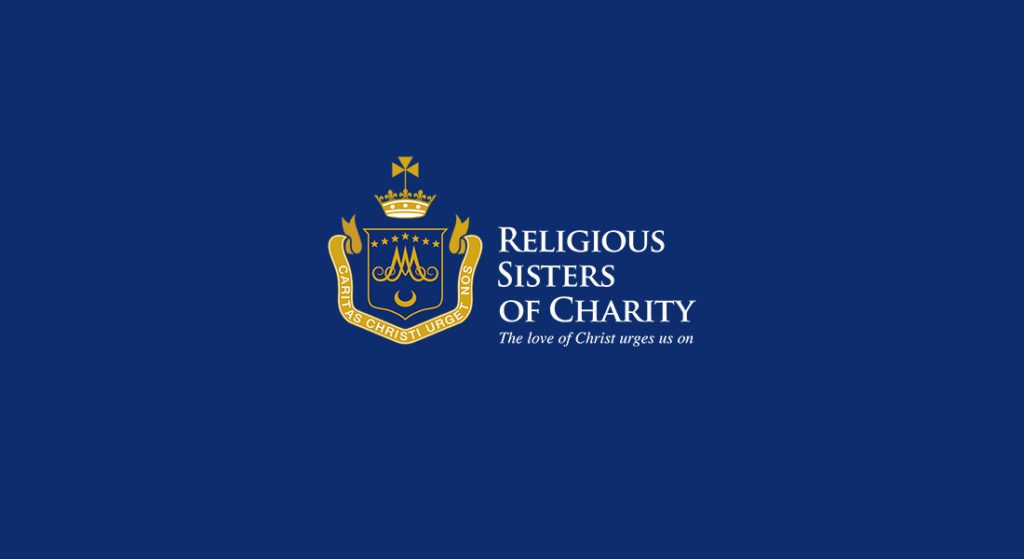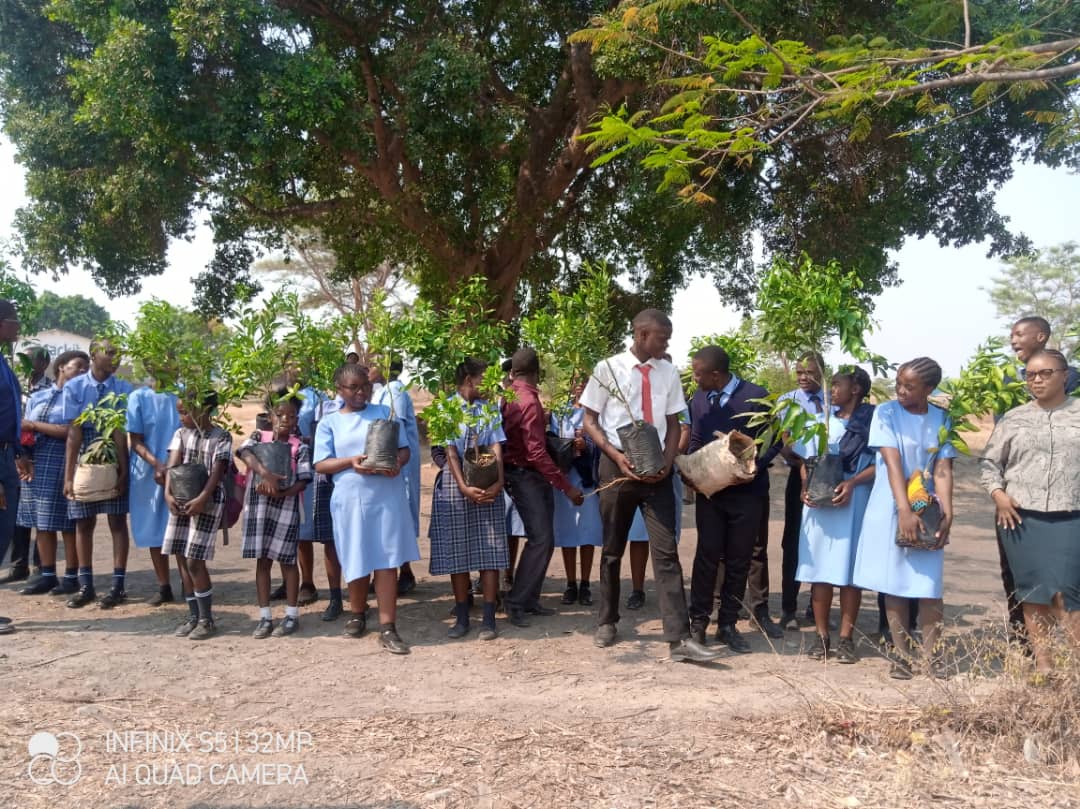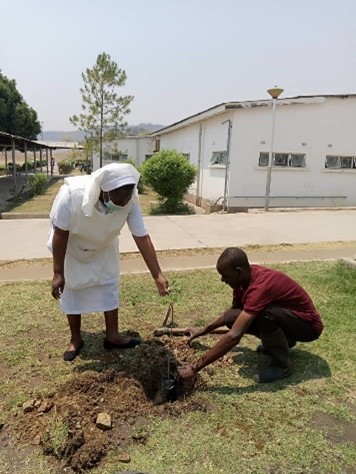
 “The Zambian Government should take seriously the anti-trafficking measures recommended by US State Department Report,” says JCTR.
“The Zambian Government should take seriously the anti-trafficking measures recommended by US State Department Report,” says JCTR.
The Jesuit Centre for Theological Reflection (JCTR) has urged Government to take seriously the anti- human trafficking measures recommended by the US State Department in its Trafficking in Person’s Report which came out on 14 June, 2010, if Zambia is to make significant improvements in its response to human trafficking victims.
Zambia continues to be a source, transit and destination country for victims of trafficking. According to the report, most trafficking was in-country and victims have mainly been women and children from rural areas, the most vulnerable among children, being orphans and street children, recruited for forced labour and forced prostitution. Children from affluent families in villages are also becoming victims since sending children to the city is considered prestigious. Migrants from Malawi and Mozambique continue to be recruited and brought into Zambia for exploitation. The Report also states that “an increasing number of Chinese and Indian men recruited to work in Chinese or Indian-owned mines in Zambia’s Copperbelt region are reportedly exploited by the mining companies in forced labour. After work hours, some Chinese miners are confined to guarded compounds surrounded by high concrete walls topped by electrified barbed wire.” Officials also acknowledge that trans-national trafficking through Zambia is becoming highly organised and linked to criminal groups whose base is South Africa.
“Despite the acknowledgement of this massive problem, Zambia fails to fully comply with the minimum standards for the elimination of trafficking although some progress is being made to do so,” says Sr. Kayula Lesa, JCTR Church Social Teaching Coordinator. Zambia has been given a Tier 2 ranking which means that a government has made efforts to address the problem but it does not meet the minimum standards required to eliminate it.
According to the Report, some important steps have been taken by government to prevent trafficking which include the approval of a national Plan of Action by Cabinet and the establishment of the inter-ministerial anti-trafficking secretariat in October, 2009. However, no serious attention has been paid to the development or the implementation of systematic procedures for victim identification. “Furthermore, projects, such as establishing shelters, mandated by the anti-trafficking law government put in place in September 2008, have not yet been funded”, Sr. Lesa states.
JCTR believes much more can and must be done to respond effectively to the problem of human trafficking which compromises the dignity of a human person. “Prioritising security for individuals and groups is in keeping with the Christian value of the Sacredness of every human person which we should uphold,” Sr. Lesa insists. JCTR therefore urges government to pay particular attention to the anti-trafficking measures the Report has recommended. These include:
To continue to train police, immigration officials, prosecutors and judges on effectively investigating and prosecuting trafficking crimes
To formalise and implement victim identification and referral procedures
To improve government services for human trafficking victims as provided for in the new law
To increase officials’ awareness of the specific provisions of the new anti-trafficking law, particularly among labour officials
To investigate and prosecute mining company personnel who operate their mines using forced labour.
The above steps, JCTR believes, will provide a more effective response and save the many lives at risk of this cruel crime.







